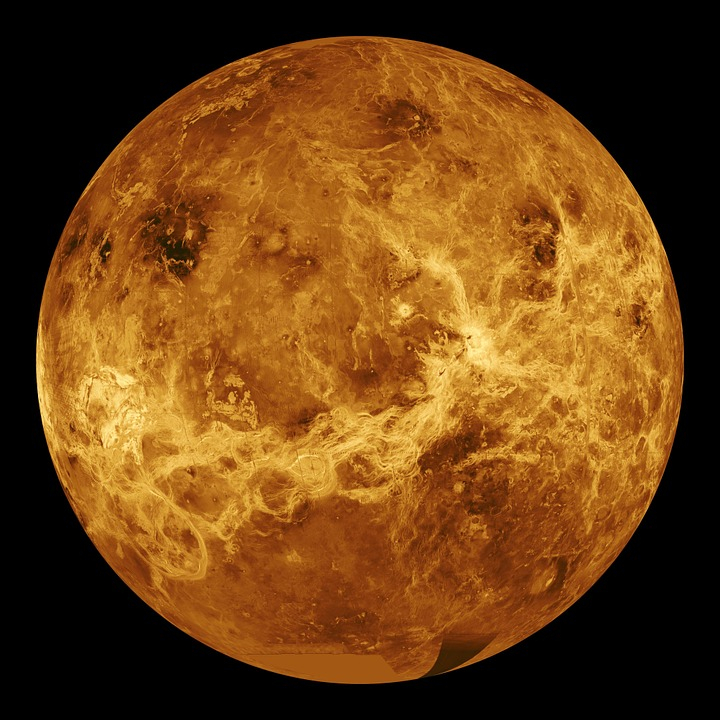A new study, published in Science Advances, has suggested that planet Venus could be volcanically active in today's time. The research led by the Universities Space Research Association (USRA) said that the lava flows on the planet could be only a few years old. These latest findings make Venus the only planet in our solar system, other than Earth, to have recent eruptions.
Dr Justin Filiberto, the study's lead author and a Universities Space Research Association (USRA) staff scientist at the Lunar and Planetary Institute (LPI), said: "If Venus is indeed active today, it would make a great place to visit to better understand the interiors of planets. For example, we could study how planets cool and why the Earth and Venus have active volcanism, but Mars does not. Future missions should be able to see these flows and changes in the surface and provide concrete evidence of its activity."

Mystery of extensive lava flows on Venus
In the early 1990s, the radar imaging from NASA's Magellan spacecraft had revealed that the neighbouring planet was a world of volcanoes and extensive lava flows. In the 2000s, the European Space Agency's (ESA's) Venus Express orbiter measured the amount of infrared light emitted from part of Venus' surface (during its nighttime) and provided new insight about volcanism on the planet.
The scientists used the new data to identify fresh versus altered lava flows on the surface of Venus. However, the ages of lava eruptions and volcanoes on Venus were not well known, until recently, as the alteration rate of fresh lava was not well constrained.
Hot caustic atmosphere of Venus
To have a better understanding of the study, Filiberto along with his colleagues recreated the hot caustic atmosphere of Venus in the laboratory and investigated how the observed Venusian minerals react and change over time.
The experiment showed that an abundant mineral in basalt—olivine—reacts rapidly with the atmosphere and within weeks becomes coated with the iron oxide minerals—magnetite and hematite. The scientists also discovered that the Venus Express observations of this change in mineralogy would only take a few years to occur. Thus, the researchers suggest that the lava flows on Venus are very young, confirming that the planet indeed has active volcanoes.
Models supporting life on the planet
Some previous studies and models had earlier suggested that Venus once had a habitable climate with liquid water on its surface for as long as two billion years, and it is much longer than what is believed to have occurred on Mars.
Last year, a team of researchers had said that their comparative analyses support the blended hypotheses that indicates terrestrial-type biology can survive within and contribute to the spectral signatures of Venus' clouds. The team of researchers also added that further investigations and sampling should be carried out on Venus' clouds to confirm the presence of extraterrestrial life there, reviving an old idea that promises a new vista in the hunt for life beyond Earth -- on the clouds of Venus.
Meanwhile, another research had reported that Venus was a temperate world long ago and had seas that persisted for aeons, perhaps two billion years or more.









